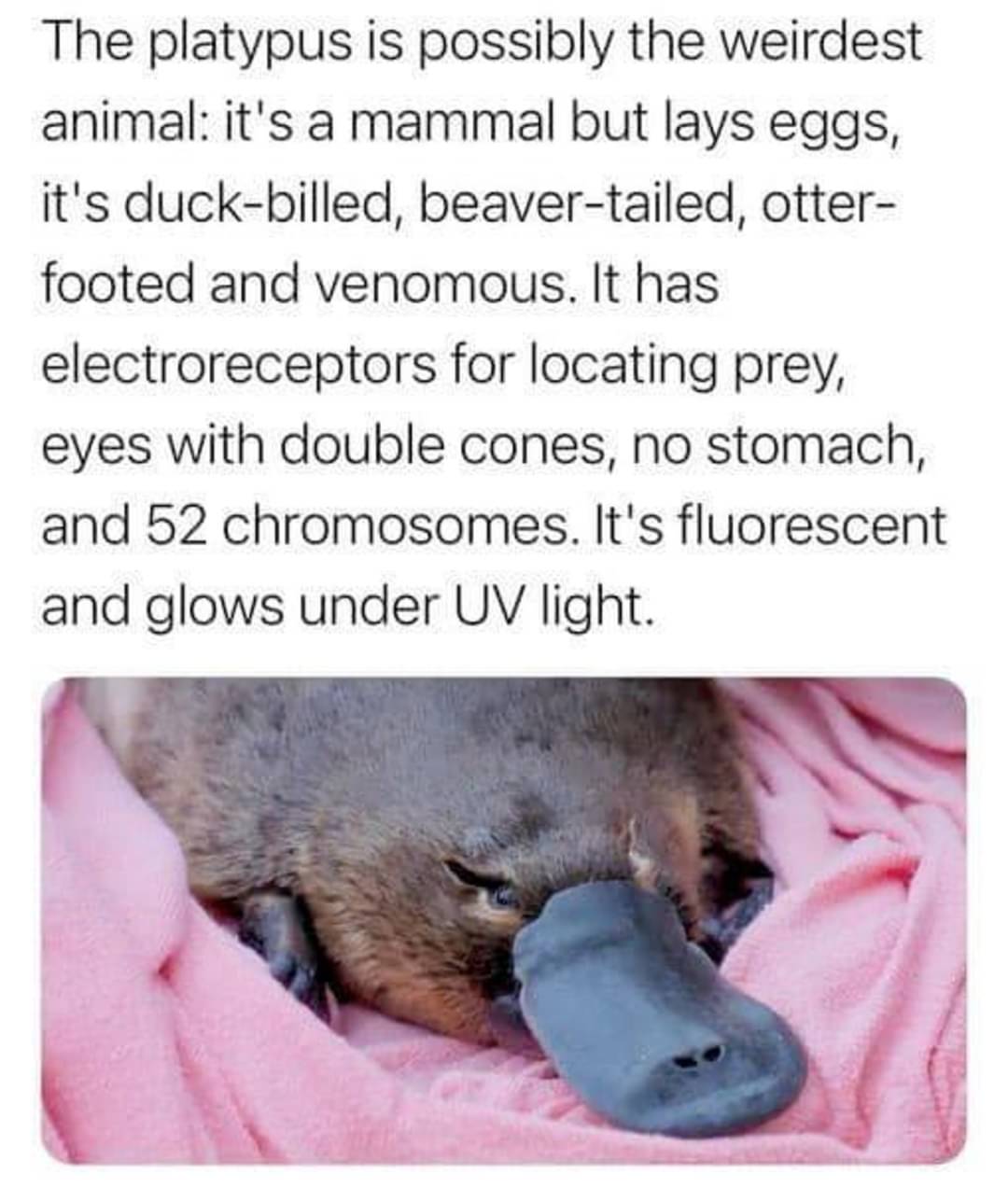this post was submitted on 16 Sep 2024
1099 points (99.0% liked)
Science Memes
11161 readers
1523 users here now
Welcome to c/science_memes @ Mander.xyz!
A place for majestic STEMLORD peacocking, as well as memes about the realities of working in a lab.

Rules
- Don't throw mud. Behave like an intellectual and remember the human.
- Keep it rooted (on topic).
- No spam.
- Infographics welcome, get schooled.
This is a science community. We use the Dawkins definition of meme.
Research Committee
Other Mander Communities
Science and Research
Biology and Life Sciences
- [email protected]
- [email protected]
- [email protected]
- [email protected]
- [email protected]
- [email protected]
- [email protected]
- [email protected]
- [email protected]
- [email protected]
- [email protected]
- [email protected]
- [email protected]
- [email protected]
- [email protected]
- [email protected]
- [email protected]
- [email protected]
- [email protected]
- [email protected]
- [email protected]
- [email protected]
- [email protected]
- [email protected]
- !reptiles and [email protected]
Physical Sciences
- [email protected]
- [email protected]
- [email protected]
- [email protected]
- [email protected]
- [email protected]
- [email protected]
- [email protected]
- [email protected]
Humanities and Social Sciences
Practical and Applied Sciences
- !exercise-and [email protected]
- [email protected]
- !self [email protected]
- [email protected]
- [email protected]
- [email protected]
Memes
Miscellaneous
founded 2 years ago
MODERATORS
you are viewing a single comment's thread
view the rest of the comments
view the rest of the comments

I went down this rathole.
They first grind up the bugs they eat in their mouths, then they have a chamber with bacteria which further reduce their food, then their intestines finish the job.
ETA, since you all are such curious cats:
https://wildlifefaq.com/platypus-stomach/
and
https://platypus.asn.au/platypus-myths/
Oh, is it like a gizard type of thing sort of?
Thanks for doing so, did you figure out why they glow?
Lol, I think that's only in the cartoon, eh.
Shit your being downvoted, now I have to go look myself.. if I don't return I likely have been abducted by egg laying mammals
so whats the chamber between the mouth and intestine called?
https://platypus.asn.au/platypus-myths/
Sooo, "gullet"?
A pseudo-stomach? IDK...
I think since it's using bacteria and not acid, it's not a "stomach", just performs the same type of function.